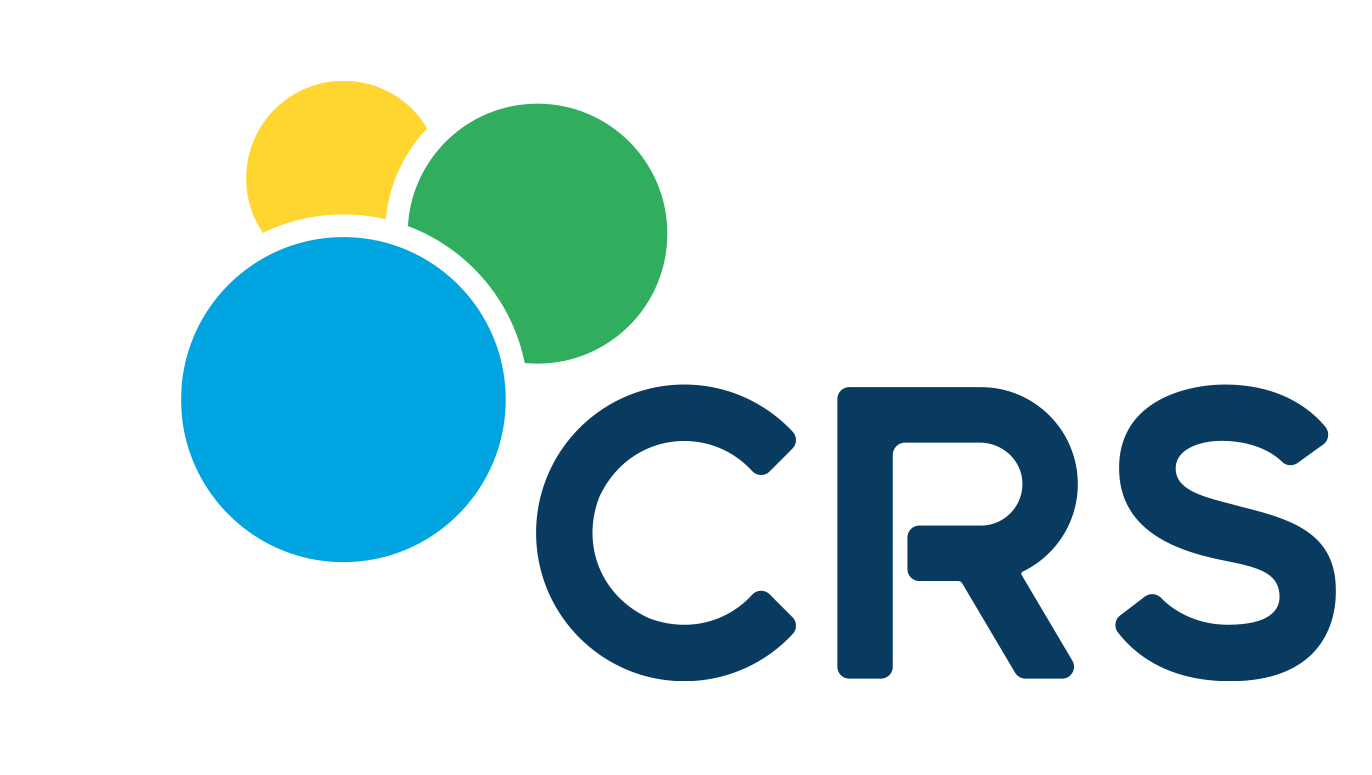While the arrival of multinational data centres in South Africa has prompted more organisations to consider moving to the cloud, some are still hesitant to migrate their payroll to this environment. According to Ian McAlister, General Manager of CRS Technologies, the advantages far outweigh any concerns.
“When it comes to payroll, there are three main benefits to consider – scalability, efficiency, and strategic value. These are particularly relevant to private or hybrid cloud models, which offer the most benefit to businesses in their transition to this environment.”
From a scalability perspective, the ability of the cloud to support fluctuating workloads ensures a business can grow easily without needing to invest in new infrastructure. Furthermore, companies can scale down their workload during non-peak times of the month and save on operational expenses in the process.
Because solutions and data on a private or hybrid cloud mean users have secure access to sensitive information wherever they have Internet connectivity, accessing payroll solutions from there is an increasingly efficient way of doing business. Given how cloud-based platforms must comply with all regulatory requirements around data protection, businesses can focus on their core mandate while leaving the security to the professionals.
In terms of strategic value, using cloud-based payroll solutions not only streamlines work processes because the service providers manage the required infrastructure, it also better enables collaboration between departments and gives organisations a competitive advantage over those still encumbered by on-premises solutions.
“Tying all this together is the ability of private and hybrid cloud models to provide payroll departments with a customised environment that can suit the specific needs of the organisation. The service provider typically is also able to provide the business with add-ons via a partner network that can further enhance the data analysis capabilities of HR and payroll,” McAlister says.
Overcoming obstacles
Of course, this does not mean there are not challenges to navigate when migrating to the cloud.
“Decision-makers are still concerned about the availability and security of data stored in the cloud. With the complexities of the regulatory environment continually shifting the goalposts on how data needs to be protected, organisations must understand the implications of moving sensitive payroll data and the financial and reputational repercussions if this is compromised.”
After all, if customers (and employees) feel unsafe with their service provider (and how it stores records), they will move to a competitor or change companies.
With the likes of the Protection of Personal Information Act (POPIA) in South Africa and the General Data Protection Regulation (GDPR) in the Europe Union posing strict fines on companies not taking the required steps to protect data, businesses are under pressure to ensure they remain compliant. Considering the sensitivity of data associated with HR and payroll systems, having that compromised could significantly impact the business and its employees.
Industry shift
Despite these concerns, numerous international surveys with finance leaders and broader business audiences point to significant momentum building around cloud experimentation and adoption.
According to a global outsourcing survey conducted by Deloitte in 2018, 93% of companies said their organisations were adopting or considering the cloud. In a poll of nearly 3 000 finance and business leaders conducted during a Deloitte Webcast, 41% said they had cloud technologies in place or were in the process of implementing. Another 16% said they were assessing cloud options. A further 48% of finance executives polled in the Webcast said cloud technology would be critical to the performance of their finance organisation in two years’ time.
This is also reflective of the South African environment.
IDC research shows that 93% of local companies are developing cloud strategies and are either in the implementation phase or planning implementation soon. Furthermore, the IDC predicts that spending on public cloud services will nearly triple over the next five years, up from R4.29 billion in 2017 to R11.53 billion in 2022.
“Adding further impetus to this is that more multinational organisations plan to launch data centres in the country,” says McAlister. “This will address many of the regulatory concerns around where data is stored, as well as the speed of accessing information on servers.”
Partner-led
“Decision-makers must understand that the cloud, for all its benefits, is not a silver bullet that solves all payroll challenges. The organisation must first understand what it hopes to accomplish from the cloud. A business case must be developed, and the strategic deliverables aligned to the model best suited to the task at hand.”
From a payroll perspective, the sensitive nature of the data at hand and the critical importance of these departments for business growth, mean the ideal environments would be either a private cloud or a hybrid model. The public cloud is simply not secure enough for these vitally important data stores.
“Companies need to select a partner capable of delivering either a private or hybrid cloud offering, based on their specific requirements. This partner must have the best practice experience of operating in these environments and be able to assist with change management to educate users on how to get the most value out of their payroll applications in the cloud,” McAlister concludes.
